The EU was caught off guard when US President Donald Trump unveiled his 28-point plan for peace in Ukraine on November 21 – a document that Brussels and Kyiv see as being heavily favourable to the Kremlin. The EU has since presented a counter-proposal, but the bloc has given the impression of reacting to events rather than driving them. This after an apparent US-Russian rapprochement in Alaska last August set off alarm bells in Ukraine and in the EU. We speak to the foreign minister and deputy prime minister of Belgium, Maxime Prévot. His country is a crucial player as it holds most of the frozen Russian assets in the Euroclear depository.
We ask Prévot why the EU seems to be behind the curve again. "This was already the case with the Gaza situation, unfortunately," Prévot replies. "Once again, we (the EU) are reacting to the US initiative, instead of taking the lead in finding a solution for a just and lasting peace in Ukraine. Even though [Ukraine] is within the European continent! So we have the impression that the US chose the restaurant and the menu, but the bill has been paid by the Europeans."
Prévot signals that Belgium has not changed its mind on the question of using the profits from Russian assets frozen in a securities depository in Belgium – known as Euroclear – despite pressure from the European Commission. "Belgium has explained that it is totally unacceptable to confiscate such sovereign assets, only based on a political decision with no judicial decision," Prévot asserts. "It could set a dangerous precedent with high legal, financial and systemic risks for all of us in Europe, and maybe with negative effects for the eurozone."
He continues: "We consider that it is a better option to maintain [the assets] frozen, and to use classic loan processes for providing Ukraine with the needed financial support."
Read moreEurope debates the future of Russia’s frozen assets
Prévot acknowledges that "there is an urgency for providing financial support to Ukraine", but he insists any solution must involve EU member states sharing the financial commitment and any risks. "We need not only a coalition of the willing, but also a coalition of the billing," he sums up.
Prévot has just returned from an EU-Africa summit in Angola, and he gave us his takeaway from the event.
"Belgium has been involved in the African continent for a long time, not only for historical reasons but also by conviction," he explains. "We consider that the African continent will have a really impressive economic development in the coming decades, and also a demographic boom. The EU and Africa have common challenges related to climate change, to prosperity, to health issues and to security matters. So it means that we need to rebuild a new link of trust between European countries and African ones; and that also means not using the resources of African countries like a vampire."
Prévot adds that the EU "must be more involved in trying to resolve conflicts (in Africa), otherwise the US will once again take the lead and the EU will be only at the backstage. It's really important for the credibility of the EU to be paying more attention to conflict zones and to try to find humanitarian solutions. We have seen with the Gaza issue that the EU was not capable of taking a strong position because it was not possible to have unanimity between the 27 countries. But we absolutely must not copy and paste such an attitude to other parts of the world, and certainly not in Africa."
Programme prepared by Oihana Almandoz, Perrine Desplats and Isabelle Romero.
-
Maxime Prévot Belgian Minister of Foreign Affairs

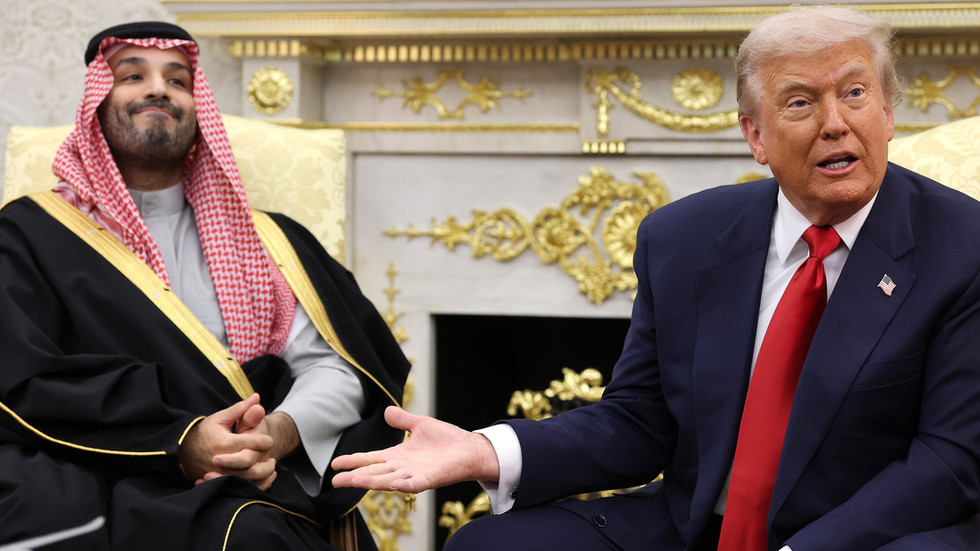



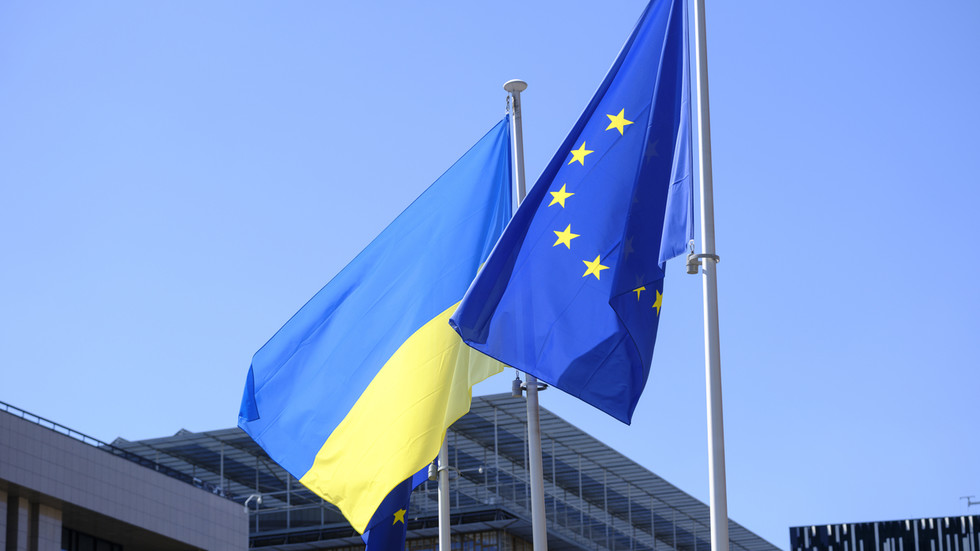
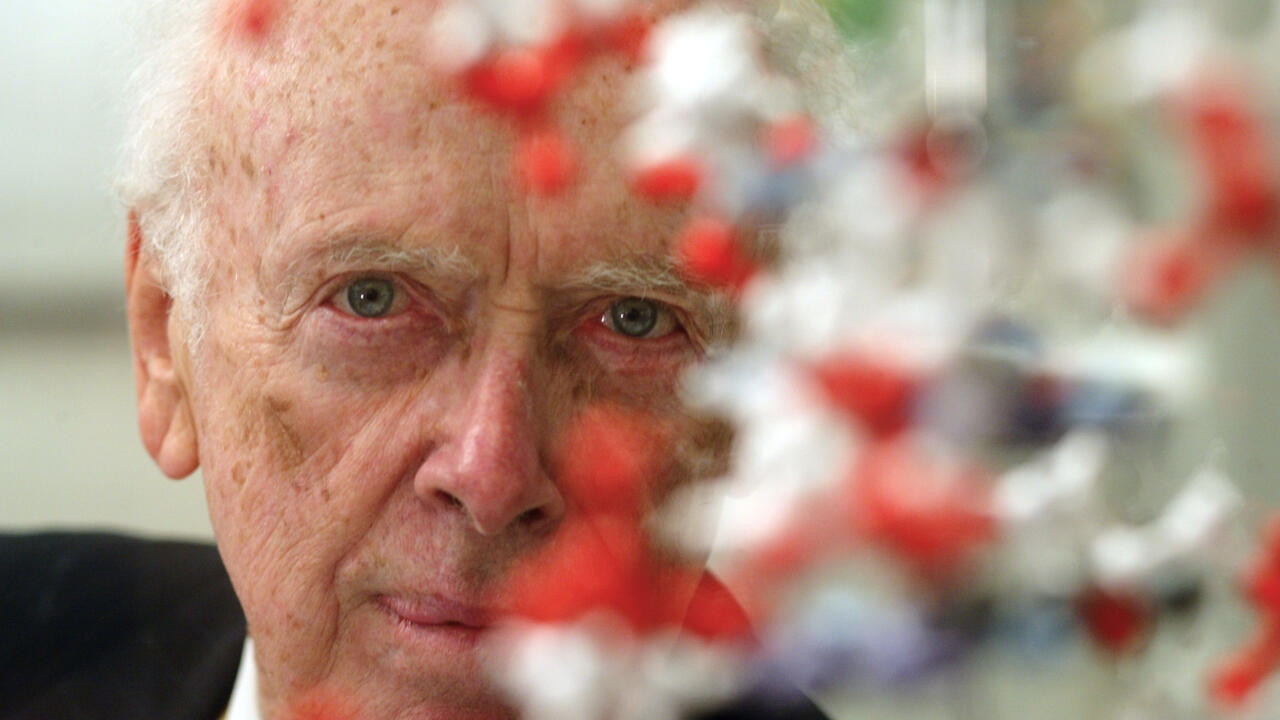
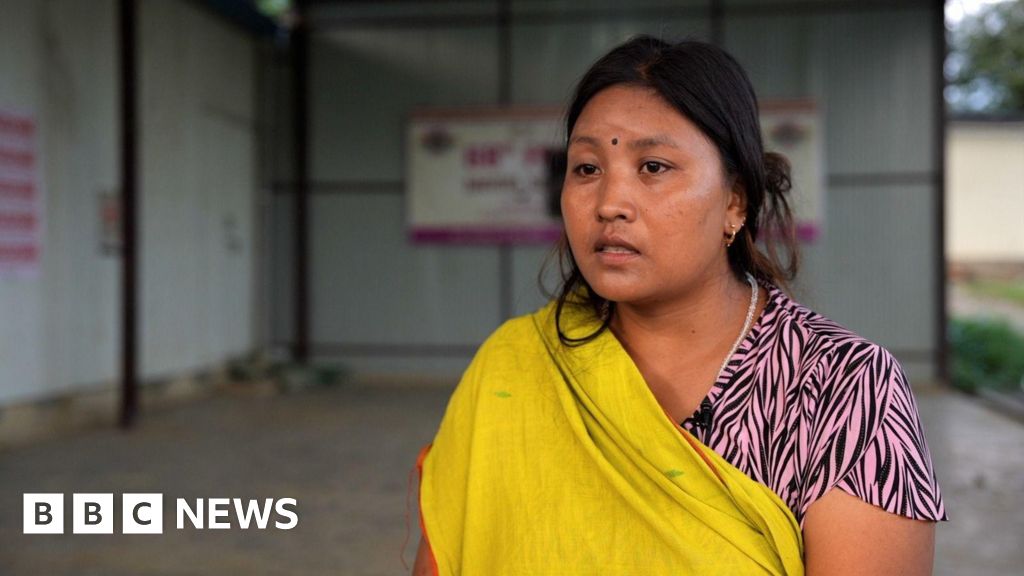
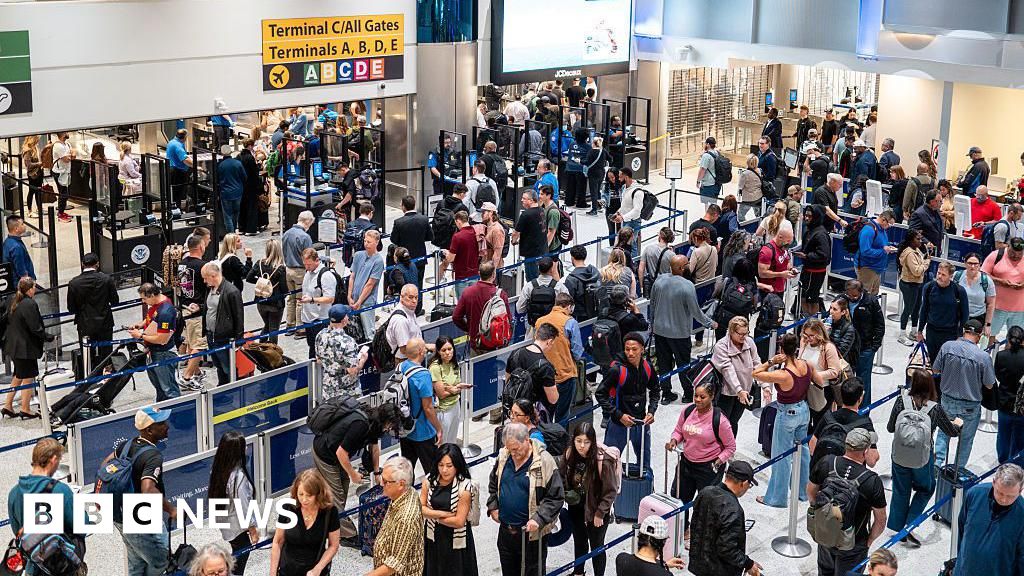


 English (US) ·
English (US) ·